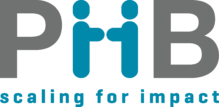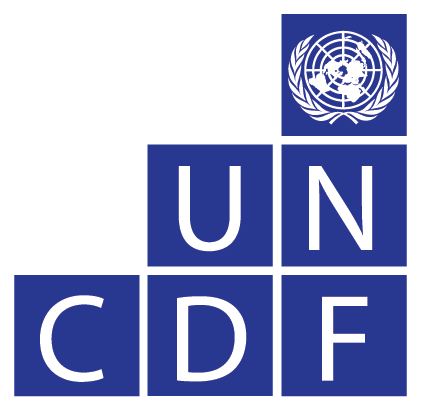
Support MTN Benin to develop a payment ecosystem around moto-taxis drivers (Zemidjans)
MTN wants to set up a payment ecosystem around the Zemidjans (moto-taxi drivers in Benin), using mobile money as a solution to the challenges they face: Phase 1: Addressing security and liquidity issues with the implementation of merchant payment. Phase 2: Addressing a lack of means to meet their ambitions with a digital group savings product (“tontine”).
Context:
MTN wants to set up a payment ecosystem around the Zemidjans (moto-taxi drivers in Benin), using mobile money as a solution to the challenges they face:
Phase 1: Addressing security and liquidity issues with the implementation of merchant payment.
Phase 2: Addressing a lack of means to meet their ambitions with a digital group savings product (“tontine”).
Objectives: The general objective of this project is to increase the adoption of digital financial services by the Zemidjans. The rationale is to make Zemidjans brand ambassadors promote the benefits of mobile money to the rest of the population. To this end, the project aims to develop merchant payment, testing different tools (NFC, QR code, Mobile App and USSD) and different value propositions for both merchants (Zems and Zems’ providers – i.e. gas stations) and end-clients.
Deliverables:
- Conduct research to identify factors for adoption: Stakeholder interviews, HCD research with Zemidjans, merchants (gas station, food providers, mechanics, etc.) and Zems clients
- Identify value propositions for all players within the ecosystem (Zems, merchants, clients)
- Build a business case for each of the payment solutions (NFC, QR code, Mobile App and USSD)
- Define a communication /education strategy to train Zems, clients and merchants on how the payment works
- Train and support the Zemidjans to use the different solutions (NFC, QR code, USSD)
- Test the solutions during a 6-months pilot
- Share knowledge on learnings and findings through blogs and other materials (video, pictures).

Evaluation of an agent network in rural Senegal
MM4P is providing support to InTouch to fill the gap in the number of service points (number of agents) active in rural areas, through a national deployment of 368 active agents. Ten departments are targeted. InTouch S.A. operates in the sector of information and communication technology and digital financial services. It offers an aggregation of different payment methods and distributes various digital financial services through simple and reliable access via a large network of agents. This aggregation consists of an application solution embedded on a mPos (Mobile Point Of Sale) called the One-Stop-Shop (GU).
Context:
MM4P is providing support to InTouch to fill the gap in the number of service points (number of agents) active in rural areas, through a national deployment of 368 active agents. Ten departments are targeted. InTouch S.A. operates in the sector of information and communication technology and digital financial services. It offers an aggregation of different payment methods and distributes various digital financial services through simple and reliable access via a large network of agents. This aggregation consists of an application solution embedded on a mPos (Mobile Point Of Sale) called the One-Stop-Shop (GU).
Objectives:
The objective of the project is to conduct a study on agent challenges in rural areas and to evaluate InTouch's agent deployment project (mid-term and final evaluations). This project aims to determine the extent to which the project successfully addresses the challenges of agents in rural areas and the impact on customers in terms of access and use of digital financial services. In addition, both sets of evaluations will generate lessons learned. The final evaluation will include an assessment of the sustainability of the results obtained and recommendations.
Deliverables:
- Agent research: Research panning and methodology, secondary research, the conception of qualitative research tools, qualitative interviews with the agent, and analysis.
- Mid-term evaluation: definition of an evaluation matrix, analysis of KPIs, qualitative interviews with agents, mid-term evaluation analysis
- Final evaluation: revision of the evaluation matrix, analysis of KPIs, qualitative interviews with agents, final evaluation, analysis and recommendations for InTouch SA, UNCDF and the general public.
- Knowledge Management: contribution to the knowledge sharing activities of UNCDF through regular blogs, a movie script, a case study and a webinar.
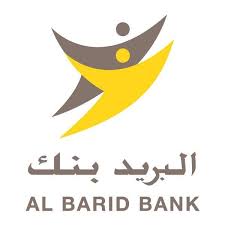
Agent Network Management Training, Morocco
As part of the Payment Digitalization project, Al Barid Bank Morocco, subsidiary of Groupe Poste Maroc, is developing a network of agents to make banking services accessible to all and everywhere in the country.

Context: As part of the Payment Digitalization project, Al Barid Bank Morocco, subsidiary of Groupe Poste Maroc, is developing a network of agents to make banking services accessible to all and everywhere in the country. The bank wants to allow both customers and non-customers, to benefit from an agent banking offer at competitive rates. A training program was designed to help people directly involved in the agent network management acquires the skills needed to run the new banking channel.
Objectives: At the end of the training, the trained staff should have acquired the necessary skills to effectively deploy and manage a successful agent network.
Deliverables: The first training was held in Marrakech for a 16-person cross-functional group of Al Barid Bank involved in the pilot phase of the project. The team included supervisors, field officers, and back-office support officers. A second training took place in Casablanca for supervisors, managers and head office officers of Barid Cash, a payment subsidiary for a total of 16 people.
The training took the participants on the network development journey: From selection and recruitment to onboarding, from monitoring and to performance improvement, using case studies from different countries.
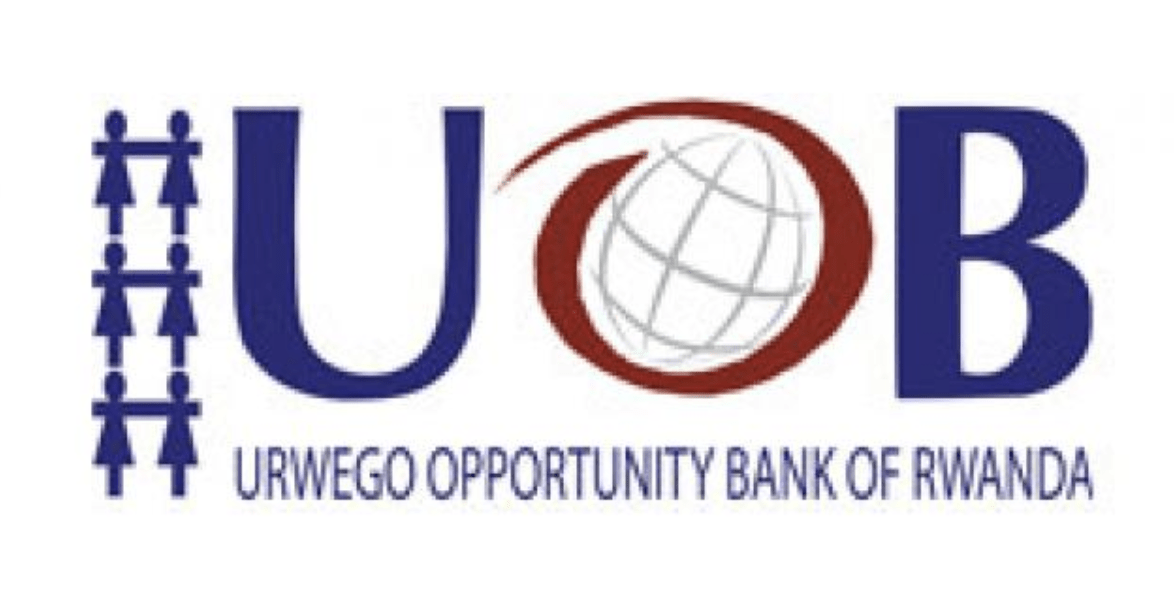
Strategy and Implementation for Mobile Financial Services Rwanda
Urwego Opportunity Bank wanted to provide its customers with access to savings accounts and allow repayments of loans via the mobile phone using the mVisa platform.
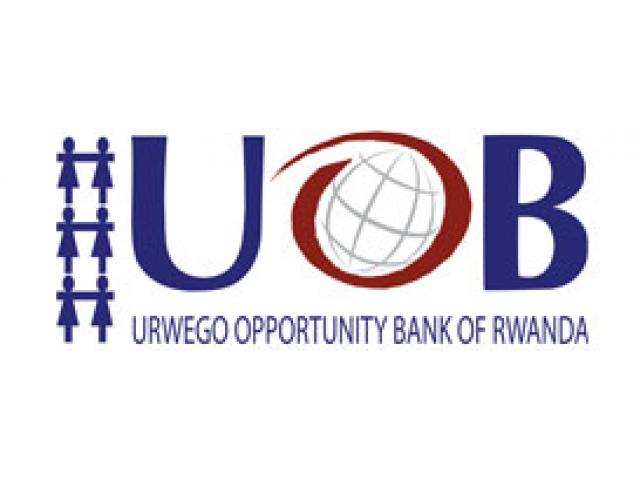
Context: Urwego Opportunity Bank wanted to provide its customers with access to savings accounts and allow repayments of loans via the mobile phone using the mVisa platform.
Objective: ensure the MFI was well prepared, organized and trained to successfully manage the service.
Deliverables: readiness diagnostic; regulatory analysis; market study; business model and implementation plan (cost model, agent network strategy, customer tariff, savings benefits for UOB and its customers); service provider partnering and negotiations; integrating m-banking service into UOB operations; marketing strategy; training support; friendly user testing, KPIs and launch result evaluation.
